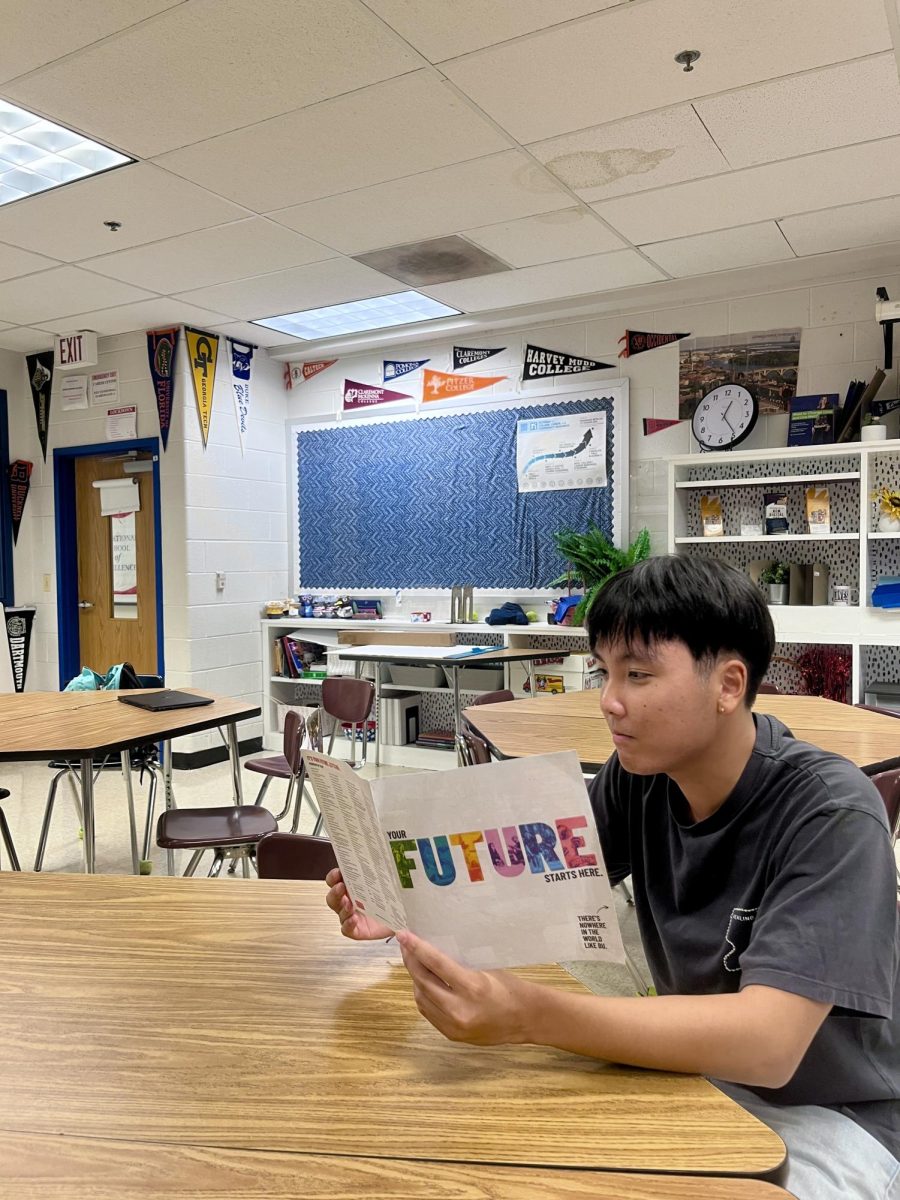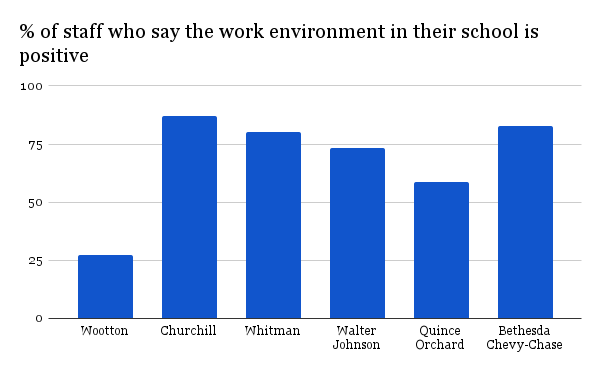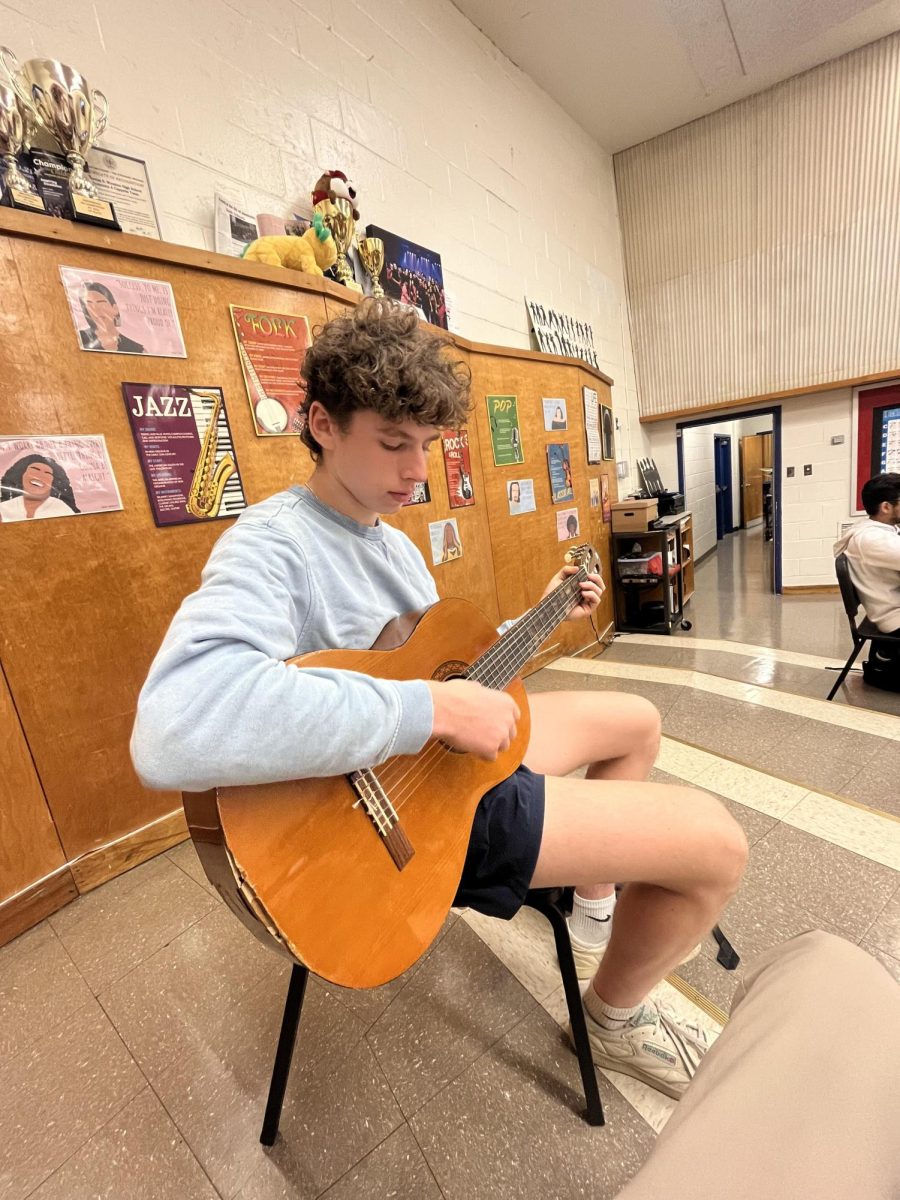If you knew the mere act of loving somebody could kill you, would you be willing to experience it?
This is the question for Madeline Whittier, the 18-year-old heroine of Nicola Yoon’s Maryland Black Eyed Susan award winning book Everything, Everything. While the world may be filled with wonderful, inviting things like flowers, the ocean and even love, to Madeline, it is a world where death lurks around every corner. From a young age, Madeline has been diagnosed with SCID, or severe combined immunodeficiency disease, also known as “bubble baby disease.” For Madeline, the potential for any foreign bodies entering her body is deadly, so she lives sealed off from the rest of the world inside her house.
She lives alone with her mother and her caretaker Carla, who takes care of her during the day. Despite not having left her house for 17 years, Madeline keeps busy. She spends her free time reading book after book, absorbing the stories from the outside world she never had.
After 17 years inside her house, Madeline is resigned to her fate. She gave up on leaving her house and gave up on having people undergo the extensive decontamination process to visit her. Everything in her life is stagnant until the rumble of a moving van signals the arrival of Olly, the black-clad parkour enthusiast who would set her life in motion. Olly makes an effort to communicate with the mysterious girl peering down at him from her window and writes his email address on his window, starting a conversation that would change them both forever.
As Madeline progressively experiences new thoughts and interactions via Olly, she relates books she has read to her own life in what she calls, “Life is Short™ Spoiler Reviews by Madeline.” When she was feeling alone and neglected, trapped within her house, she did a spoiler review for the book Invisible Man, summarizing her life and the book by saying, “Spoiler alert: You don’t exist if no one can see you.”
As Madeline finally forges a relationship with somebody other than her mother or her caretaker for the first time in her life, she begins to truly realize her limitations. Confronting the cold, hard truth that she will never go outside and never have a proper relationship with someone else, Madeline is faced with the ultimate decision to pursue love in a life worth living, or to stay stagnant.
If you enjoy the kind of story about the transformation of a character over time, this book is for you. Despite the powerful premise of the book, I found many of the story elements to be overwhelmingly cliché, things you might see in the script of a TV drama. If you are in for an emotional ride, then I’d say give Everything, Everything a try.
Aaron Levine
Managing Editor



![Editors-in-Chief Ahmed Ibrahim, Helen Manolis, Cameron Cowen, Alex Grainger, Emory Scofield, Hayley Gottesman, Rebekah Buchman and Marley Hoffman create the first print magazine of the year during the October press days. “Only a quarter of the schools in MCPS have programs that are like ours, a thriving, robust program. That makes me really sad. This is not just good for [the student journalists] to be doing this, it’s good for the entire community. What [student journalists] provide to the community is a faith in journalism and that continues for their lifetimes," Starr said.](https://woottoncommonsense.com/wp-content/uploads/2025/10/wmpoFTZkCPiVA3YXA4tnGoSsZ4KmnKYBIfr18p3l-900x1200.jpg)



